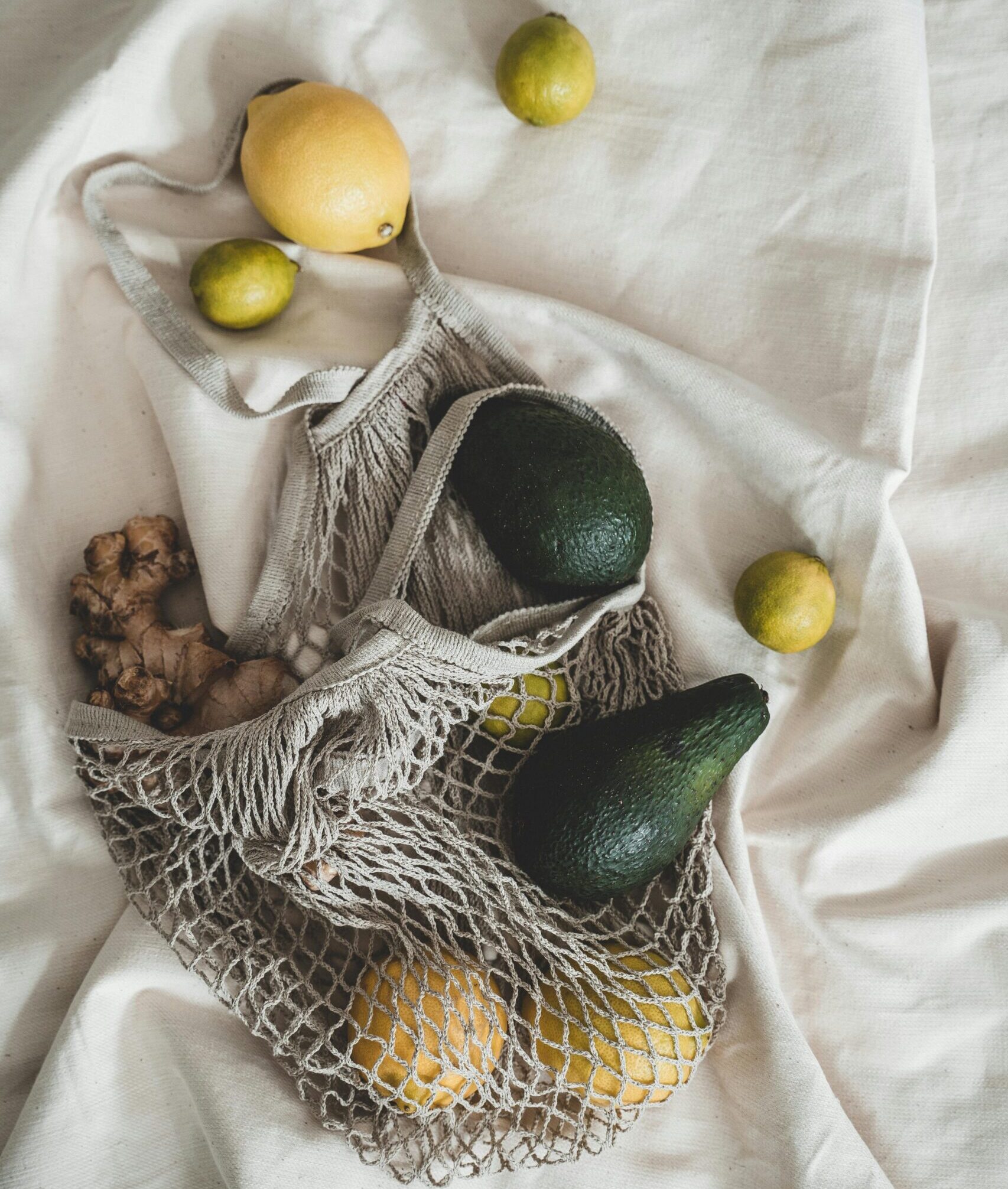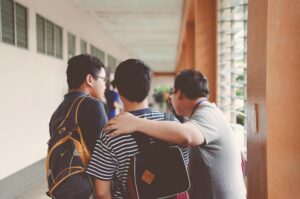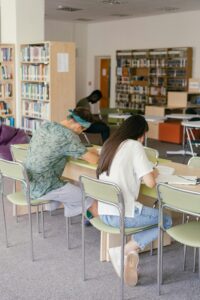This interview refers to the ZeeWaste4EU project which can be found in our Good Practices section.
GOOD PRACTICE OVERVIEW, CHALLENGES AND OPPORTUNITIES
What were the original goals and objectives of this practice/activity?
The goal of the “Food Waste Challenge” practice was to investigate the students behavior in relation to food waste generation. The students made pictures of their plate before and after the meal, assessing amounts of food waste they generate during one week.
What was found to be particularly useful in achieving this practice objectives (methods, approaches)?
Such practice gives students better understanding how much of food waste they generate in their daily life. After completion of the practice each student can think how to change their behavior and start to reduce food waste in their daily life.
What did students like the most about this practice?
- Students liked to be a part of the bigger effort in reduction of the food waste.
- Students liked to participate in this challenge, because it was something new and interesting for them
What were the key problems areas of this practice?
- Main problem is technical, for example when students forget to make a picture of their meal.
- Another problem occurred how to attract students to participate in the challenge.
How can these elements be improved in the future?
- Technical problem can be solved through establishment of the better communication with the students and sending them reminders for example.
- For attraction of the students we used advertising in the canteens, seminars, posts in social media.
Is this practice replicable by other teachers in different countries? What factors should be considered while replicating this practice?
I think this practice is replicable in other countries. As far as this practice was conducted in the frame of ZeeWaste4EU project and in parallel running in 5 project countries, we were able to get diversified information across different countries regarding preferred meals and food wasting habits.
What was the most inspiring aspect for you while implementing this practice?
Probably positive feedback from the students, who participated in this practice.







